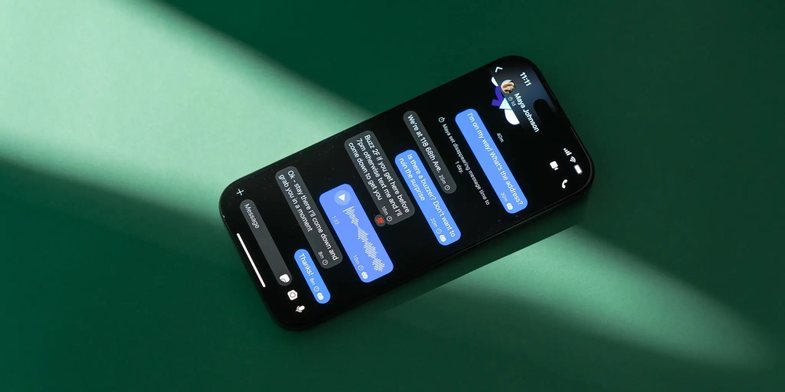
If you've received a strange "Hello" message from an unknown number, don't try to figure out who it is, because it's likely a scam. These seemingly harmless messages are part of a scheme known as "smishing" - a combination of "SMS" and "phishing" - that aims to convince you to respond, click on a link or provide personal or banking information.
What is hidden behind this message?
This innocent “Hello” is actually a test. The scammers are trying to find out if your number is active. If you respond, even with a “???” or “Sorry, wrong number,” you have just confirmed to them that this number is real and can be used for other scam schemes.
“If they are using an algorithm to generate hundreds of thousands of random numbers, they are trying to figure out which numbers are active and associated with a real person,” explains Maril Vernon, a cybersecurity expert.
In the worst cases, this “Hello” is just the beginning of a conversation aimed at gaining your trust. Scammers can pose as someone you know, a company you’ve had contact with, a shipping service asking you to pay a small fee, or even a government institution. You may think you’re paying for a lost package, but you’re actually giving away your credit card details.
If you answer them once, expect more messages from other unknown numbers, because they now know you have an active number. “If you don’t answer again, they’ll just use another number to contact you again,” says Vernon.
What to do when you receive such a message?
Don't feel like you have to be polite or politicized - these messages are a scheme, not a person asking for help! Here's how to protect yourself:
1. Don't answer at all!
As tempting as it may be to return a “Excuse me, who are you?” or “Wrong number,” don’t. Instead, treat the message as if it never came.
2. Delete and report as spam.
• On iPhone, the “Report Junk” option will appear below the message. Click “Delete and Report Junk” to remove it immediately.
• On Android, you can click on the number, select the “Spam” option, and block it immediately.
3. Change passwords if you've said too much.
If you find yourself responding or giving out personal information, don't let it go. Change your passwords immediately and use a reliable program to scan your phone for any potential viruses.
In general, if someone you don't have in your contacts texts you, assume it's a scam attempt. In today's digital world, a little suspicion can save you a lot of trouble!





